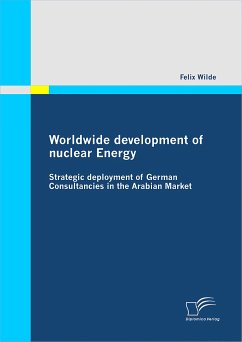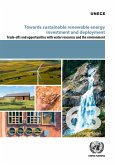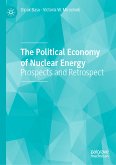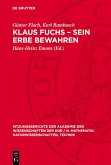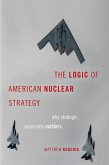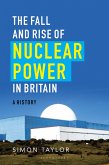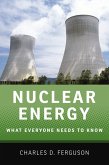Considering the annual economical growth rate of more than 5% and the limited availability of fossil resources, GCC countries have few possibilities for attaining independence of fossil fuels. Despite huge investments in renewable resources, these are currently not sufficiently available to cover the pending energy shortfall. The ambitious aim to generate 30% of electricity by nuclear power in 2030 is prompting the governments to start as early as possible with implementation of nuclear power production. This new development in the energy sector covers a broad range of challenges and opportunities not only for Consultancies. Regarding the energy market, the fastest growing economy on the Arabian Peninsula is Saudi Arabia with an increase in power generation capacity from 25,790 MW in 2000 to 39,242 MW in 2008, amounting to 52% For a couple of years, the states on the Arabian Peninsula have been competing with each other, with the UAE seeking to be the first to set up a civilian nuclear power program and the preplanning phase going back to early 2006. UAE is one of around 15 countries in the Middle East with a serious interest in nuclear energy, other countries being Kuwait, Egypt, Jordan and Saudi Arabia. The ambitious aim of the UAE government is to prepare detailed plans for acquiring skills and technology and for dealing with regulatory challenges. By 2020, the UAE government intends to have several nuclear reactors in operation which should meet almost one-third of the country's electricity demand. The nuclear development program in the UAE is the most ambitious of all countries on the Arabian Peninsula followed by the efforts of the Kingdom of Saudi Arabia. This analysis is chiefly targeted at German consultancy companies so that they can assess their status of strategic deployment and prioritize their activities to enter a new business sector in a foreign market. This publication could also be of relevance for policy makers, investors, suppliers as well as nuclear energy and governmental agencies to identify their need for external advisers to safely operate a nuclear power program. Furthermore it provides a guideline for how to enter a new market. Hence this analysis should be considered as an aid to identify hurdles and obstacles that have to be foreseen and so overcome. Potential business fields are also noted as well as important factors that have to be considered to minimize the chance of failure in the new market. Nevertheless, this huge market with its continuously changing constraints and conditions could throw up a lot more obstacles than could be covered in this analysis. Also the internal organizations of individual companies may differ from the one described in the analysis. The objective of this Analysis is thus to set out a set of guidelines for possible approaches.
Dieser Download kann aus rechtlichen Gründen nur mit Rechnungsadresse in A, B, BG, CY, CZ, D, DK, EW, E, FIN, F, GR, HR, H, IRL, I, LT, L, LR, M, NL, PL, P, R, S, SLO, SK ausgeliefert werden.

